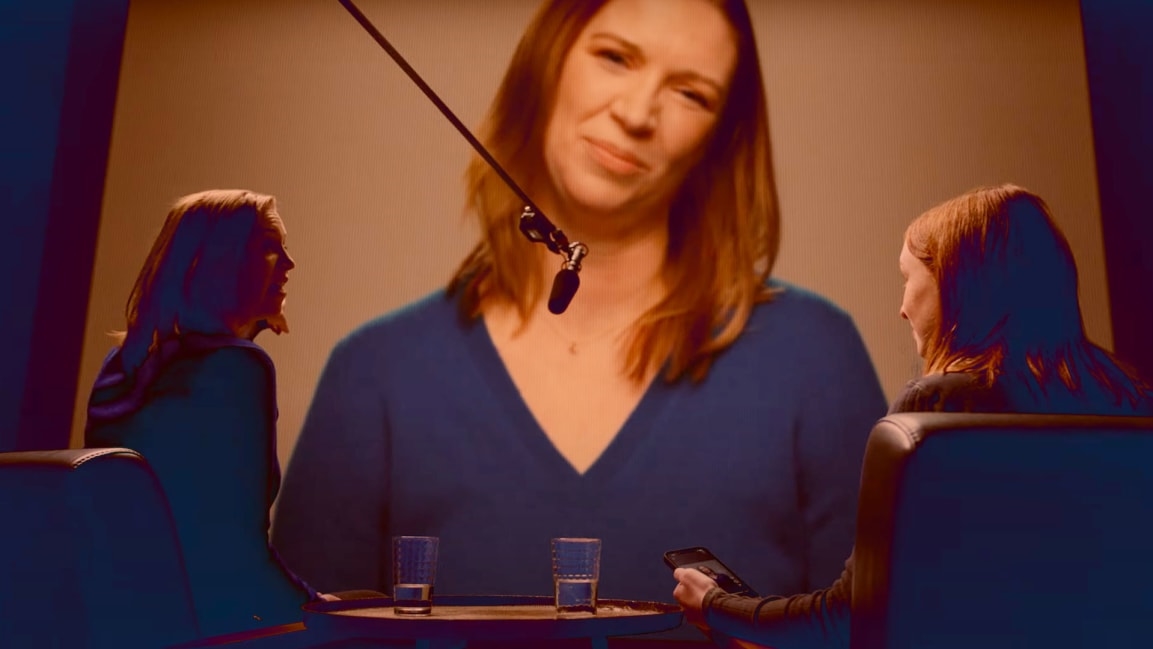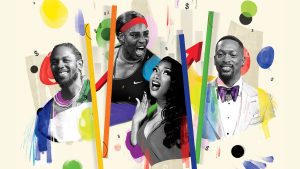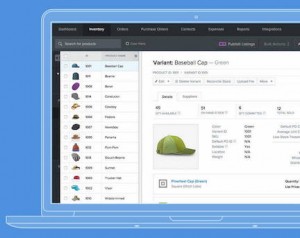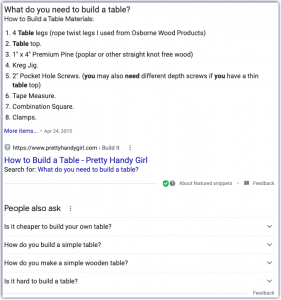April 27, 2022

The relationship between social media and self-esteem among teens has long been a topic of study. And while there’s still some debate on the exact effects it has on various age groups, there is no doubt that there has been significant impact on millions of young people over the past decade.
This week, Dove released new research from its ongoing Self-Esteem Project, which found that two out of three American girls are spending more than an hour each day on social media, and 50% of them say idealized beauty content on social media causes low self-esteem. To help illustrate the point, the Unilever-owned brand produced a short film called “Toxic Influence,” which brings together mothers and their teen daughters to talk about what their scrolling habits involve. Then the brand shows them some questionable and dangerous beauty advice from an unexpected source.
The brand deepfakes each mom, offering up just awful health and beauty advice—like filing down your crooked teeth with a nail file! The real moms are clearly, and understandably, pretty freaked out. Frankly, this taps directly into some of the deepest concerns many parents have around the potential hazardous effects of social media on their child. That’s why the short is part of a broader campaign called #DetoxYourFeed, which includes educational videos and a “Confidence Kit” with a workbook for parents, caregivers, and mentors on how to talk with young people about these issues. Dove is also partnering with Gabrielle Union and Zaya Wade to raise awareness and promote the work, and hosting a free virtual livestream event on May 12 to provide parents with tools to fight toxic influence on teens’ social media feeds.
Created by ad agency Ogilvy, this work continues Dove’s ongoing efforts in dispelling and discouraging inaccurate and unhealthy beauty images in media, dating all the way back to 2006’s “Evolution,” which wasn’t its first, but arguably, its most influential ad.
That consistency of the long-running theme of “Real Beauty” has had its ups and downs, from the highs of “Real Beauty Sketches” in 2013, to controversy around its body-shaped bottles in 2017. The Self-Esteem Project builds on this part of the brand’s identity in a way that is both relevant and helpful in terms of the resources it’s providing and builds on its TikTok hashtag #NoDigitalDistortion PSA work from last year.
(17)
Report Post







